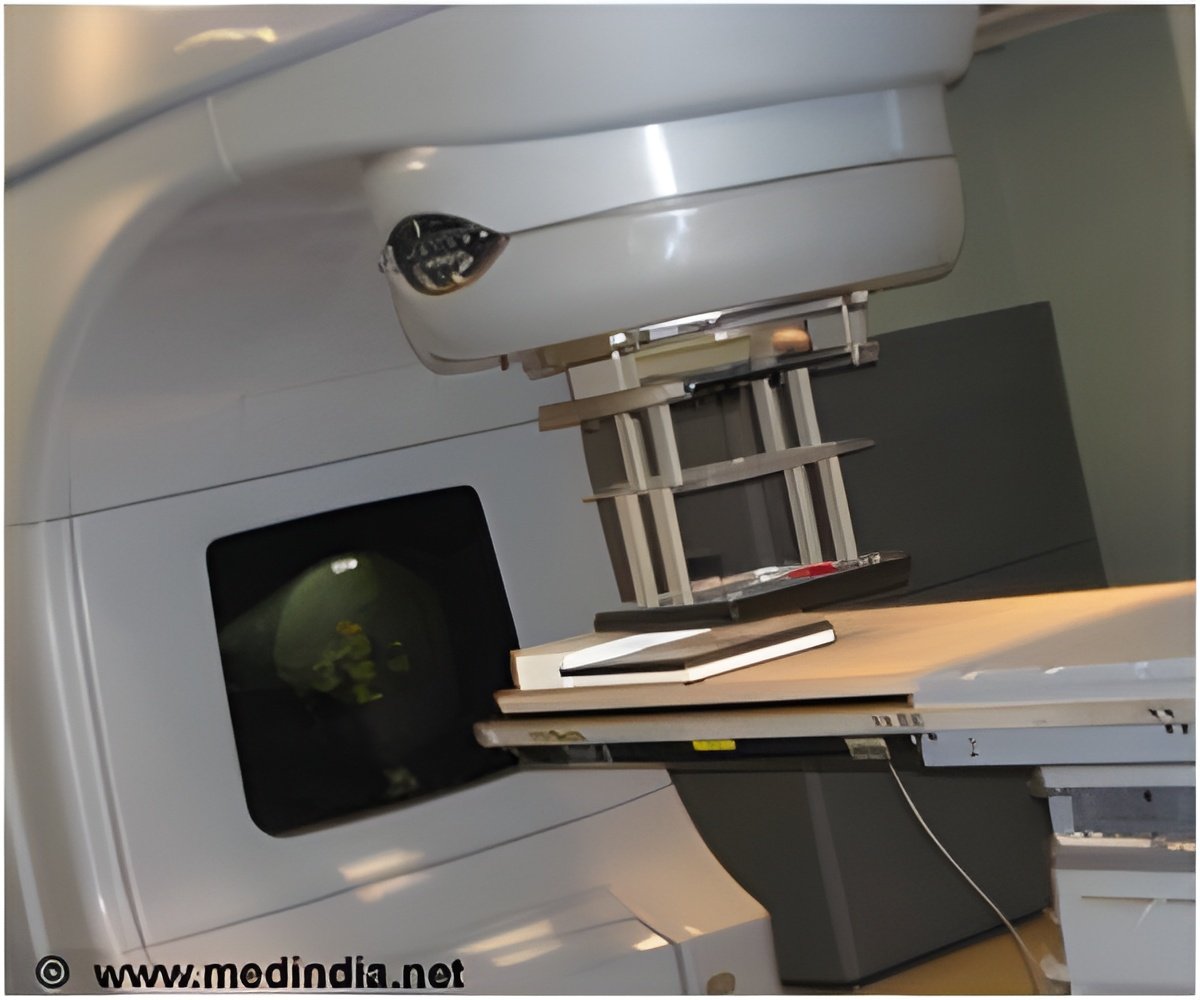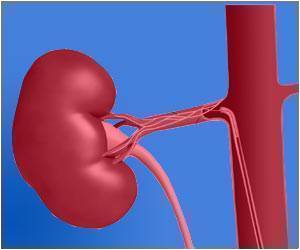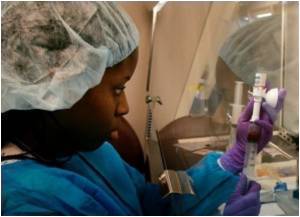Researchers with The Cancer Genome Atlas (TCGA) Research Network have completed the most diverse tumor genetic analysis ever conducted, revealing a new way to classify cancers.

"We found that one in 10 cancers analyzed in this study would be classified differently using this new approach," said Chuck Perou, PhD, professor of genetics and pathology, UNC Lineberger member and senior author of the paper, which appears online Aug. 7 in Cell. "That means that 10 percent of the patients might be better off getting a different therapy – that's huge."
Since 2006, much of the research has identified cancer as not a single disease, but many types and subtypes and has defined these disease types based on the tissue – breast, lung, colon, etc. – in which it originated. In this scenario, treatments were tailored to which tissue was affected, but questions have always existed because some treatments work, and fail for others, even when a single tissue type is tested.
In their work, TCGA researchers analyzed more than 3,500 tumors across 12 different tissue types to see how they compared to one another -- the largest data set of tumor genomics ever assembled, explained Katherine Hoadley, PhD, research assistant professor in genetics and lead author. They found that cancers are more likely to be genetically similar based on the type of cell in which the cancer originated, compared to the type of tissue in which it originated.
"In some cases, the cells in the tissue from which the tumor originates are the same," said Hoadley. "But in other cases, the tissue in which the cancer originates is made up of multiple types of cells that can each give rise to tumors. Understanding the cell in which the cancer originates appears to be very important in determining the subtype of a tumor and, in turn, how that tumor behaves and how it should be treated."
Perou and Hoadley explain that the new approach may also shift how cancer drugs are developed, focusing more on the development of drugs targeting larger groups of cancers with genomic similarities, as opposed to a single tumor type as they are currently developed.
Advertisement
"This latest research further solidifies that basal-like breast cancer is an entirely unique disease and is completely distinct from other types of breast cancer," said Perou. In addition, bladder cancers were also quite diverse and might represent at least three different disease types that also showed differences in patient survival.
Advertisement
As participants in TCGA, UNC Lineberger scientists have been involved in multiple individual tissue type studies including most recently an analysis of a comprehensive genomic profile of lung adenocarcinoma. Perou's seminal work in 2000 led to the first discovery of breast cancer as not one, but in fact, four distinct subtypes of disease. These most recent findings should continue to lay the groundwork for what could be the next generation of cancer diagnostics.
Source-Eurekalert













